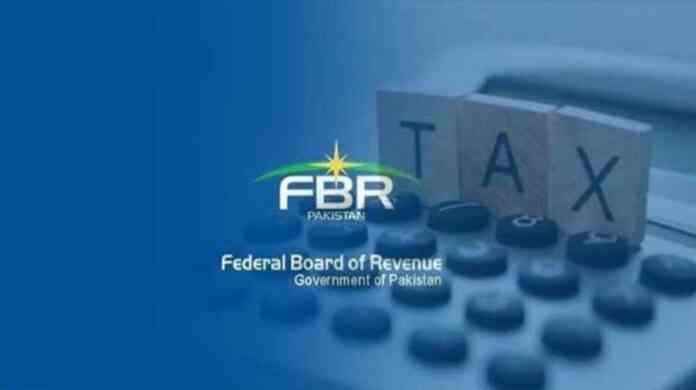Karachi, June 22, 2025 – The Federal Board of Revenue (FBR) has revealed a concerning trend in Pakistan’s fiscal performance, disclosing that the country’s tax-to-GDP ratio has remained in the single digits consistently from the fiscal year 2000-01 to 2023-24.
This persistent shortfall in tax mobilization relative to economic output highlights structural weaknesses in the revenue system and poses serious challenges for sustainable economic development.
The tax-to-GDP ratio is a critical measure of a country’s fiscal health, reflecting how effectively a government is able to convert its economic activity into tax revenue. Over the past 24 years, despite steady increases in the absolute size of the Gross Domestic Product (GDP), the ratio of tax collection to GDP has remained below 10 percent, with only marginal variations across different fiscal years.
In fiscal year 2023-24, Pakistan’s GDP was recorded at over Rs. 105 trillion, yet the total tax collected by the FBR amounted to just Rs. 9.3 trillion, resulting in a tax-to-GDP ratio of merely 8.8 percent. Similarly, in preceding years such as 2022-23 and 2021-22, the ratios stood at 8.5 percent and 9.2 percent respectively, still below the critical double-digit threshold needed for financial resilience.
Economists have long emphasized that a sustainable and robust economy requires a tax-to-GDP ratio of at least 15 percent. However, Pakistan’s performance remains far behind this benchmark. The consistently low ratio indicates an over-reliance on indirect taxes, a narrow tax base, widespread exemptions, and chronic underreporting of income—especially in the informal sector.
Successive governments have struggled to reform the tax system, despite pledges to broaden the tax net and enhance direct tax collection. While GDP has expanded significantly over two decades, tax collection has failed to keep pace, thereby weakening the government’s ability to invest in infrastructure, health, education, and social safety programs.
Tax experts warn that unless major reforms are implemented to enhance tax compliance and administration, the low tax-to-GDP ratio will continue to constrain Pakistan’s fiscal space. They stress the urgency of transitioning toward a more equitable tax regime, where the burden shifts from consumption-based taxes to income and corporate taxation, ensuring fairness and better alignment with GDP growth.
